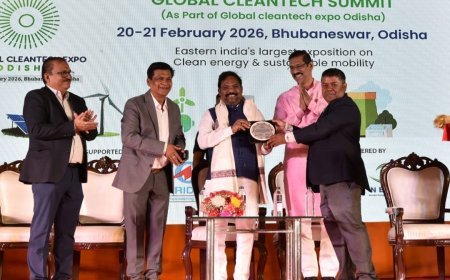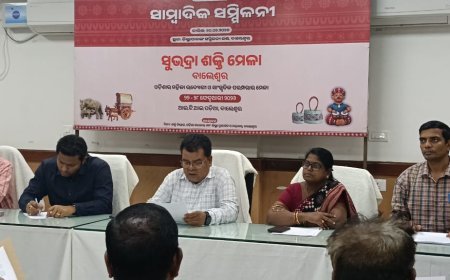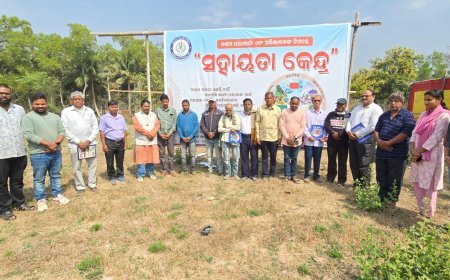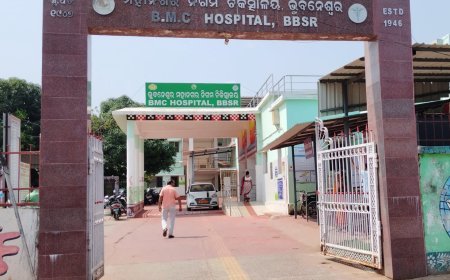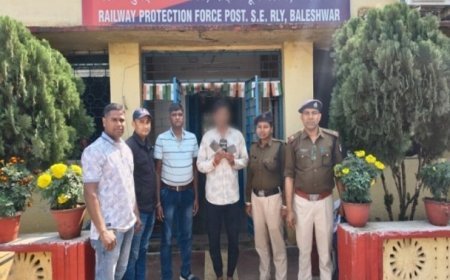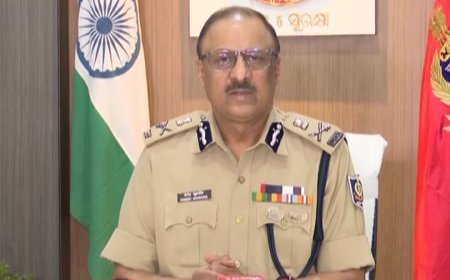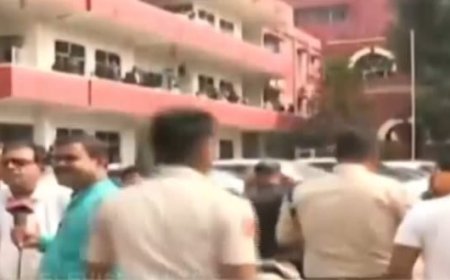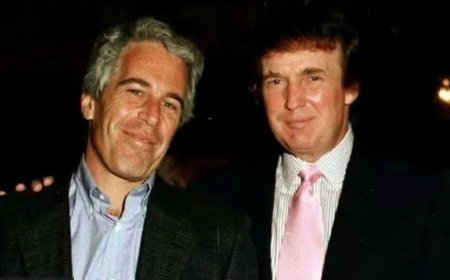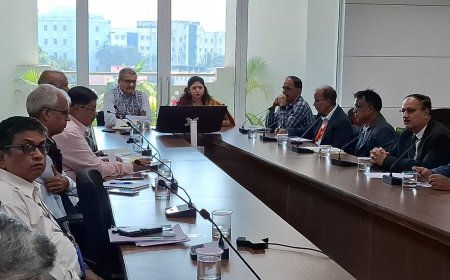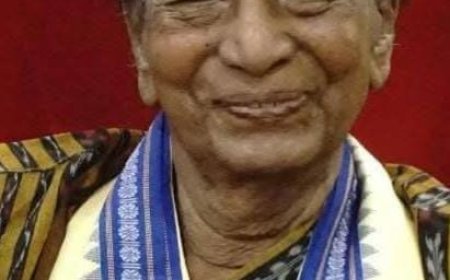Dreaming of a True Democratic India

Sanjay pattnayak
As Abraham Lincoln once said, "Democracy is the government of the people, by the people, for the people." In India, this powerful statement often feels more like a slogan than a reality. While it is uplifting to hear, it often falls short of the true spirit of democracy. From the first General Election to the present day, money has played a significant role across political parties. The voter turnout remains disappointingly low, sometimes well below 50%. Can this truly be considered the mandate of the people?
One of the most disheartening trends is that educated individuals frequently abstain from voting. Meanwhile, the poor and less educated, or those with minimal formal education, reliably come to the polling booths. Their motivation is often the money they receive in return for their votes. Political parties lure them with freebies, securing their support through short-term gains rather than meaningful promises or policies.
Imagine an election devoid of posters, banners, and the cacophony of campaigns and rallies. Picture a scenario where people refuse to accept money from political parties, ensuring a free and fair election. This vision seems almost utopian, far removed from our current reality. However, dreaming of such a day is essential for fostering hope and striving for a better future.
In my vision of a true democratic India, elections would be a genuine reflection of the people's will. Every citizen, regardless of their education or economic status, would understand the importance of their vote and exercise it with integrity. Political parties would compete on the merit of their ideas and policies, not on their ability to distribute cash and freebies.
An essential step toward this dream involves educating the electorate about the significance of their vote. Civic education programs should be widespread, focusing on empowering citizens to make informed decisions. This would also entail stricter regulations and enforcement to curb the influence of money in politics. Transparency in campaign financing and stringent penalties for violations are crucial measures.
In this ideal democratic landscape, voter turnout would be high, reflecting a truly representative mandate. The election process would be marked by integrity and fairness, free from the influence of money and manipulation. Political discourse would shift from populism to substantive debates on policies that genuinely benefit the nation.
While achieving this vision may seem daunting, it is not impossible. Collective efforts from the government, civil society, and citizens themselves can gradually steer India towards this democratic ideal. It requires a commitment to uphold the principles of democracy and a refusal to succumb to the corrupting influences that currently plague the system.
Though the path to a free and fair election may be long and arduous, dreaming of such a day fuels our determination to strive for it. When that day comes, we will proudly declare that we are living in a truly democratic country—one that is genuinely of the people, by the people, for the people.








